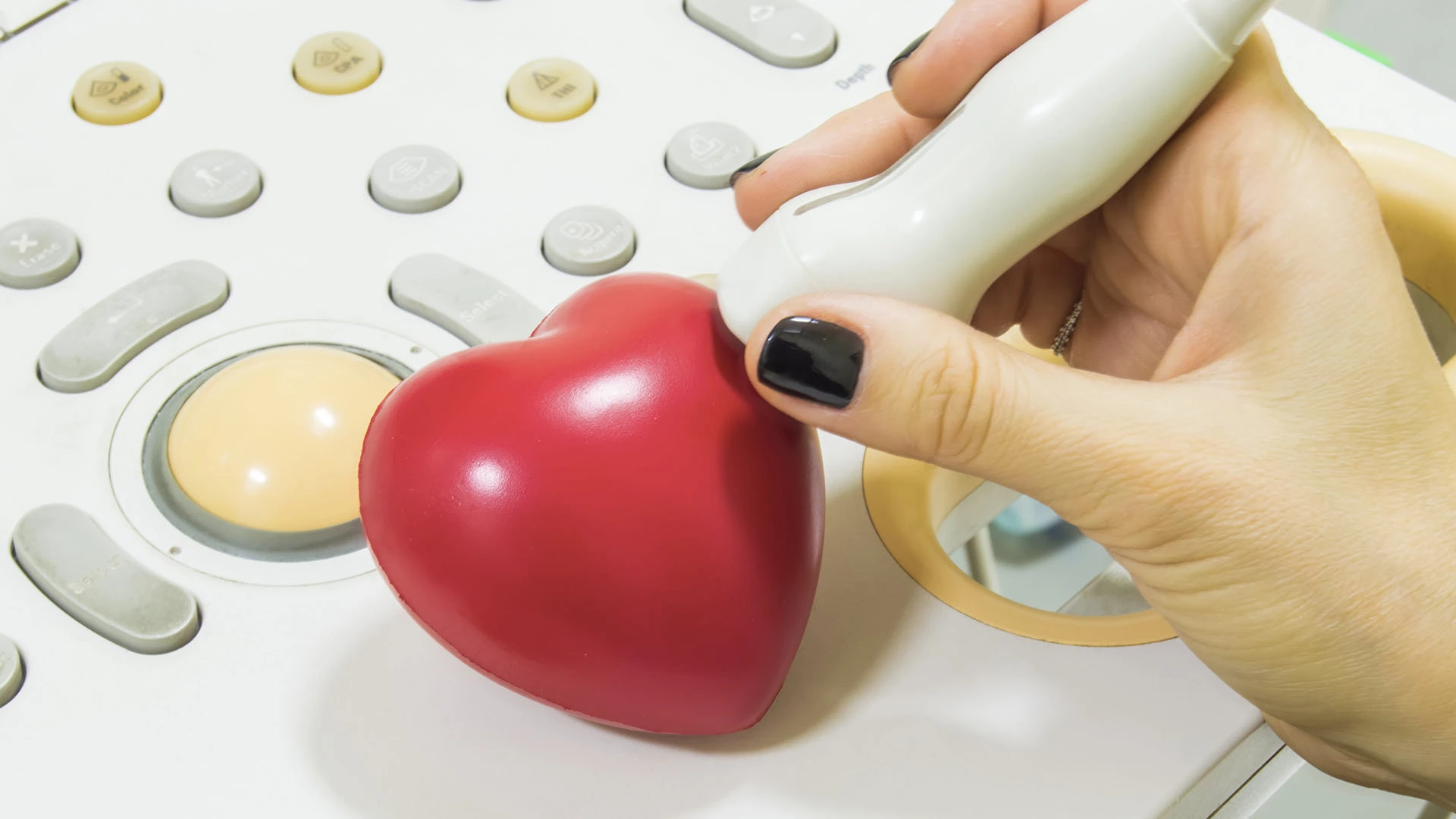Dr. Ankur Phatarpekar, renowned for their expertise in TAVI/TAVR procedures. Our specialists have extensive experience in performing these complex procedures TAVI/TAVR is a minimally invasive procedure used to treat aortic valve stenosis, a condition where the heart’s aortic valve becomes narrowed, restricting blood flow. During the procedure, a new valve is implanted within the diseased valve using a catheter, without the need for open-heart surgery. This innovative approach reduces recovery time and offers a less invasive alternative for patients who may not be suitable candidates for traditional surgery.


At Be Heart Healthy, our team includes some of the best interventional cardiologists in Mumbai, including, ensuring the highest standard of care and outcomes for our patients. We are your go-to Heart specialists in Mumbai for cutting-edge cardiac care.
In the realm of cardiac care, Transcatheter Aortic Valve Implantation (TAVI), also known as Transcatheter Aortic Valve Replacement (TAVR), stands out as a revolutionary procedure that offers new hope to patients with aortic valve stenosis. At Be Heart Healthy, led by Dr. Ankur Phatarpekar, recognized as the best TAVI doctor in Mumbai, is dedicated to providing comprehensive care for structural heart diseases, interventional cardiology, and cardiac care, including specialized expertise in TAVI and TAVR.
The unique heart health challenges faced by cancer patients and survivors is often that, the treatments that help to fight cancer, can also cause damage to the heart( As chemotherapeutic agents are cardiotoxic). They cause various serious heart-related conditions of which heart failure, blocks in the heart vessels, and valve diseases are common. At Care For Your Heart clinic, our Onco-cardiologist will help you to prevent, detect and treat such heart diseases, using the latest technology and updated medical knowledge about Onco-cardiology.
Use of angiotensin receptor blockers, angiotensin-converting enzyme inhibitors, or beta-blockers are considered to prevent cardiac disorders.

Call us now if you are in a medical emergency.